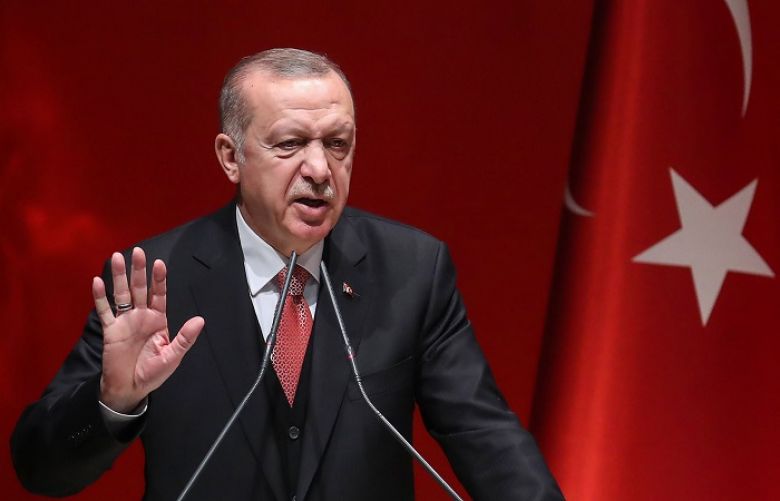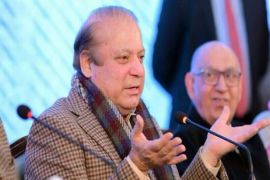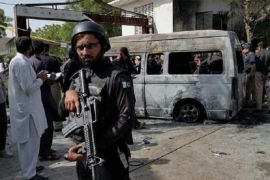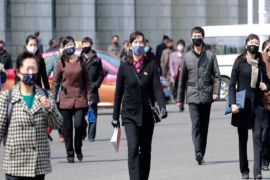Turkish President Recep Tayyip Erdogan on Monday called on Turks to boycott French goods as relations between the NATO allies deteriorated over Paris's tough stance against radical Islam, while senior EU officials excoriated Erdogan's remarks.
This comes after Erdogan's allegation on Saturday that French President Emmanuel Macron had a problem with Muslims and needed checks on his mental health – assertions that prompted France to recall its ambassador from Ankara.
"I am calling to all my citizens from here to never help French brands or buy them," Erdogan said.
European leaders must put an end to Macron's allegedly "anti-Islam" agenda, Erdogan said in a speech at the start of a week of activities in Turkey to commemorate the birthday of the Prophet Mohammad.
Turkey and France are both members of the NATO military alliance, but have been at odds over issues including Syria and Libya, maritime jurisdiction in the eastern Mediterranean, and the conflict in Nagorno-Karabakh. France is the 10th largest source of imports into Turkey and the seventh largest market for Turkey's exports, according to Turkey's statistical institute.
EU leaders were keen to express solidarity with France. In a message posted on Twitter on Sunday, the EU foreign policy chief Josep Borrell called Erdogan comments “unacceptable” and urged Turkey to “stop this dangerous spiral of confrontation”.
Read more: Emmanuel Macron needs “mental treatment”: Tayyip Erdogan
European Council President Charles Michel blamed Turkey for resorting to “provocations, unilateral actions in the Mediterranean" and now “insults".
At a summit earlier this month, EU member states agreed to review Turkey’s behaviour in December and threatened to impose sanctions if Erdogan's “provocations" do not stop, a council statement said.
EU spokesman Peter Stano said Monday he would not rule out an urgent meeting of EU ministers at an earlier date following Erdogan’s latest comments.
“We clearly expect a change in action and declarations from the Turkish side,” Stano said at a news conference. He said there would be many discussions “to see whether we are going to continue to wait or take action earlier”.
Over recent weeks Macron has pledged to fight "Islamist separatism", saying it was threatening to take over some Muslim communities in France.
The country has since been shaken by the stabbing and beheading of a teacher Samuel Paty by an Islamist militant avenging the use of cartoons of the Prophet Mohammad in a class on freedom of expression.
In the wake of Paty's murder by a Chechen extremist, Macron vowed that France would never give up cartoons such as those that in 2015 were cited as a reason for a gruesome armed attack at the Charlie Hebdo's satirical magazine in which 12 people were murdered. Paty showed these images to his civics class while emphasising that students could choose not to look at them if they were offended.
Macron hailed Paty a "hero" for representing the secular, free-thinking values of the French republic, which include a long-cherished right to mock religion. France has a long tradition of caricatures taking on political and religious authorities – including Charlie Hebdo's mockery of Catholicism.
"He was killed because Islamists want to take our future," Macron said at a memorial service for Paty. "They will never have it."
Macron has defended the right to display the cartoons and French media have republished them. In some places they were projected onto buildings.
Several suspected Islamic radicals have been arrested in dozens of raids since the murder, and about 50 organisations with alleged links to such individuals have been earmarked for closure by the government. France has in recent years been forced to take a hard look at its core values, perceived by many to be threatened by Islam following a string of jihadist attacks that have killed more than 240 people since 2015.







